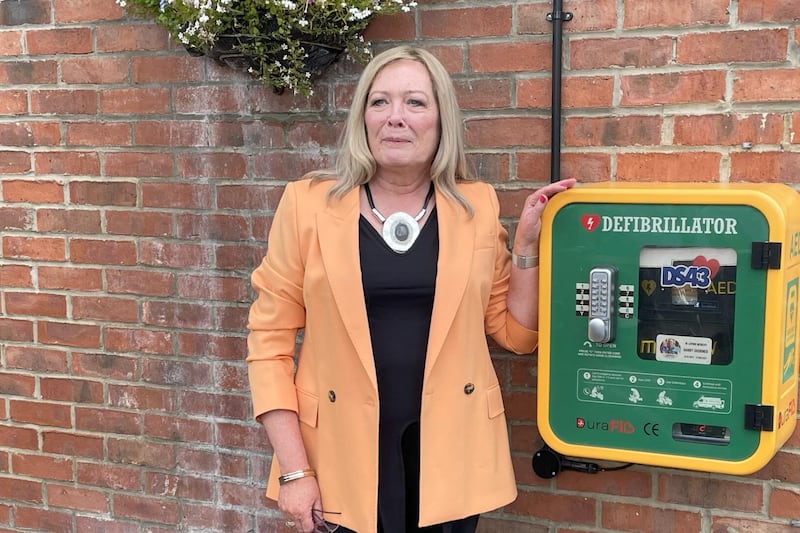THOUSANDS of lives could be saved by a new heart disease drug that health officials hope will become widely available on the NHS as early as next year.
Patients will have access to the cholesterol-lowering treatment inclisiran through a clinical trial starting in the UK in 2020, Britain's Department of Health and Social Care said.
The government said it has reached an "in-principle" agreement with the manufacturer, the pharmaceutical company Novartis.
Early results from clinical trials suggest that it could help prevent 55,000 heart attacks and strokes and save 30,000 lives in the next 10 years. This is based on 300,000 patients receiving the treatment annually.
The drug needs backing from the National Institute for Health and Care Excellence (Nice) and will be put through its approval programme "at the earliest opportunity possible", the DHSC said.
Heart disease is the second biggest cause of death in the UK, with 2.5 million people relying on statins to lower their cholesterol.
The British government has pledged to prevent 150,000 cardiovascular deaths over 10 years as part of the NHS long-term plan.
Inclisiran, a biannual injection, is expected to be used as an add-on treatment to statins for patients already diagnosed with cardiovascular disease.
Trials have shown it can halve levels of bad cholesterol in just two weeks, the DHSC said.
Lord Prior, chairman of NHS England, said: "This innovative and groundbreaking collaboration could transform the health outlook of tens of thousands of people suffering from heart disease, by bringing together in a unique combination our ability to organise large scale clinical trials, to address highly complex manufacturing issues, and to reach a large population of patients."
Jemma Crew (PA)








